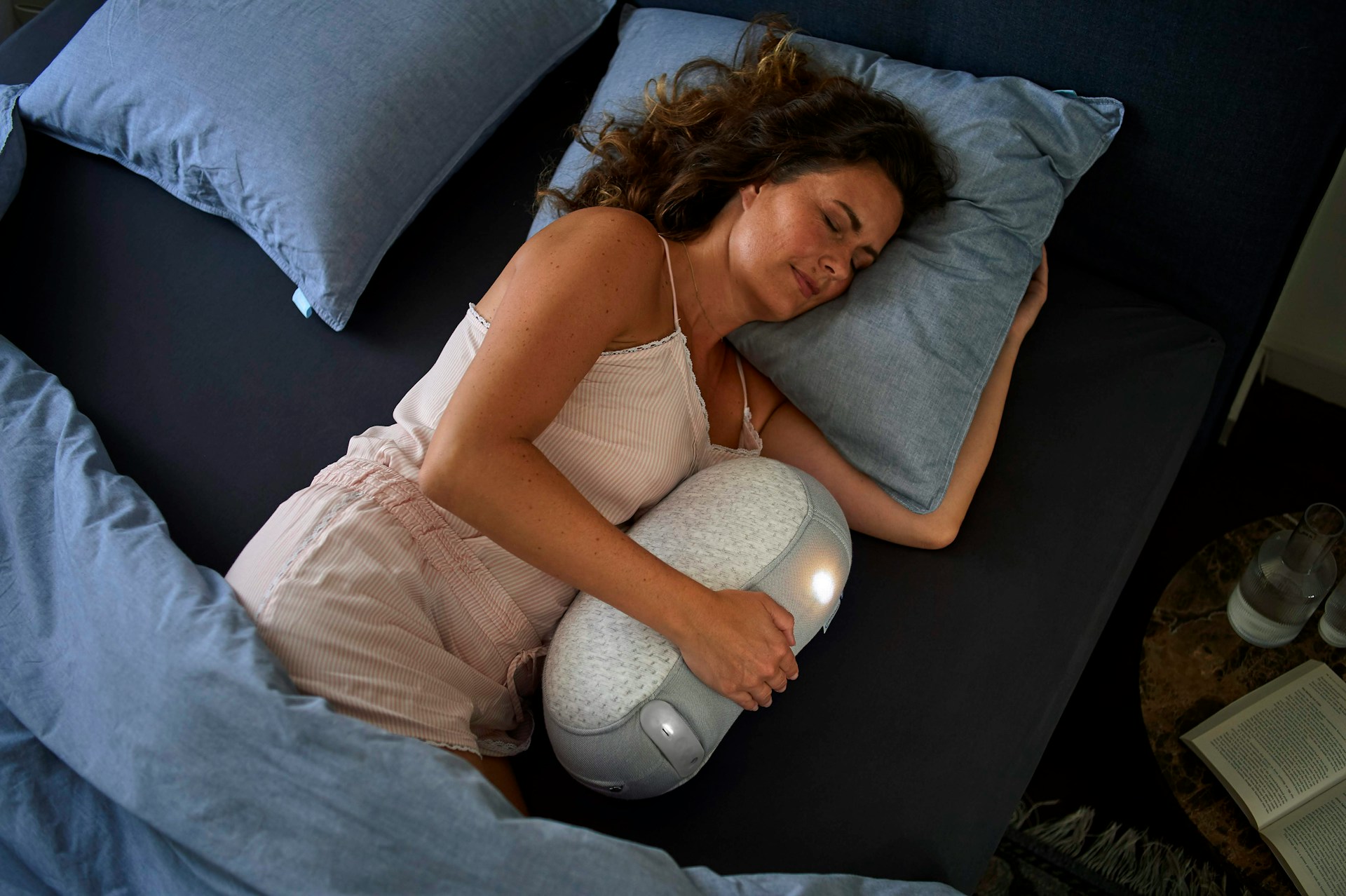What Is Sleep Paralysis?
Sleep paralysis is a temporary inability to move or speak that occurs when you’re falling asleep or waking up. During an episode, you’re mentally awake but physically unable to move — often accompanied by feelings of pressure, fear, or even hallucinations. While it can be frightening, sleep paralysis is generally harmless.
What Causes Sleep Paralysis?
Sleep paralysis happens when your body experiences a disconnect between sleep cycles — especially REM sleep, where most dreaming occurs. Your brain wakes up before your muscles do, causing temporary paralysis.
Common causes include:
-
Sleep deprivation
-
Irregular sleep schedule
-
Stress or anxiety
-
Sleeping on your back
-
Use of certain medications or substances
-
Other sleep disorders like narcolepsy
What Does It Feel Like?

People experiencing sleep paralysis often report:
-
Being unable to move or speak
-
A heavy pressure on the chest
-
Hallucinations, such as sensing a presence or shadowy figure
-
Shortness of breath or choking feeling
-
Feeling panicked but fully aware
These symptoms usually last from a few seconds to a couple of minutes.
Is Sleep Paralysis Dangerous?
Although terrifying, sleep paralysis is not dangerous and doesn’t cause physical harm. It is more common than many realize and affects people of all ages — often during periods of stress, poor sleep, or major life changes.
However, if episodes are frequent and severely impact your sleep or mental health, it may be linked to another underlying condition and should be discussed with a medical professional.
How to Prevent Sleep Paralysis

Improving your sleep habits and reducing stress can significantly lower your chances of experiencing sleep paralysis. Here are some proven strategies:
✅ 1. Get Consistent, Quality Sleep
Aim for 7–9 hours per night and maintain a regular sleep-wake schedule — even on weekends.
✅ 2. Reduce Stress and Anxiety
Practice calming activities like deep breathing, meditation, journaling, or yoga before bed.
✅ 3. Improve Sleep Hygiene
-
Keep your bedroom cool, dark, and quiet
-
Avoid screens at least an hour before bedtime
-
Don’t eat heavy meals or drink caffeine late in the evening
✅ 4. Avoid Sleeping on Your Back
Back sleeping is commonly associated with episodes of sleep paralysis. Try sleeping on your side.
✅ 5. Limit Alcohol and Substance Use
These can interfere with your sleep cycle and increase the risk of disrupted REM sleep.
When to See a Doctor
If you experience frequent or disturbing episodes of sleep paralysis that affect your quality of life, talk to a healthcare provider or sleep specialist. It may be a sign of a more serious sleep disorder like narcolepsy or sleep apnea.
Conclusion
Sleep paralysis is a strange but common sleep phenomenon that many people experience at some point. While it can be deeply unsettling, understanding the causes and how to prevent it can ease your fears and help you sleep better. By improving sleep habits and managing stress, you can reduce the chances of future episodes and enjoy more peaceful rest.


















